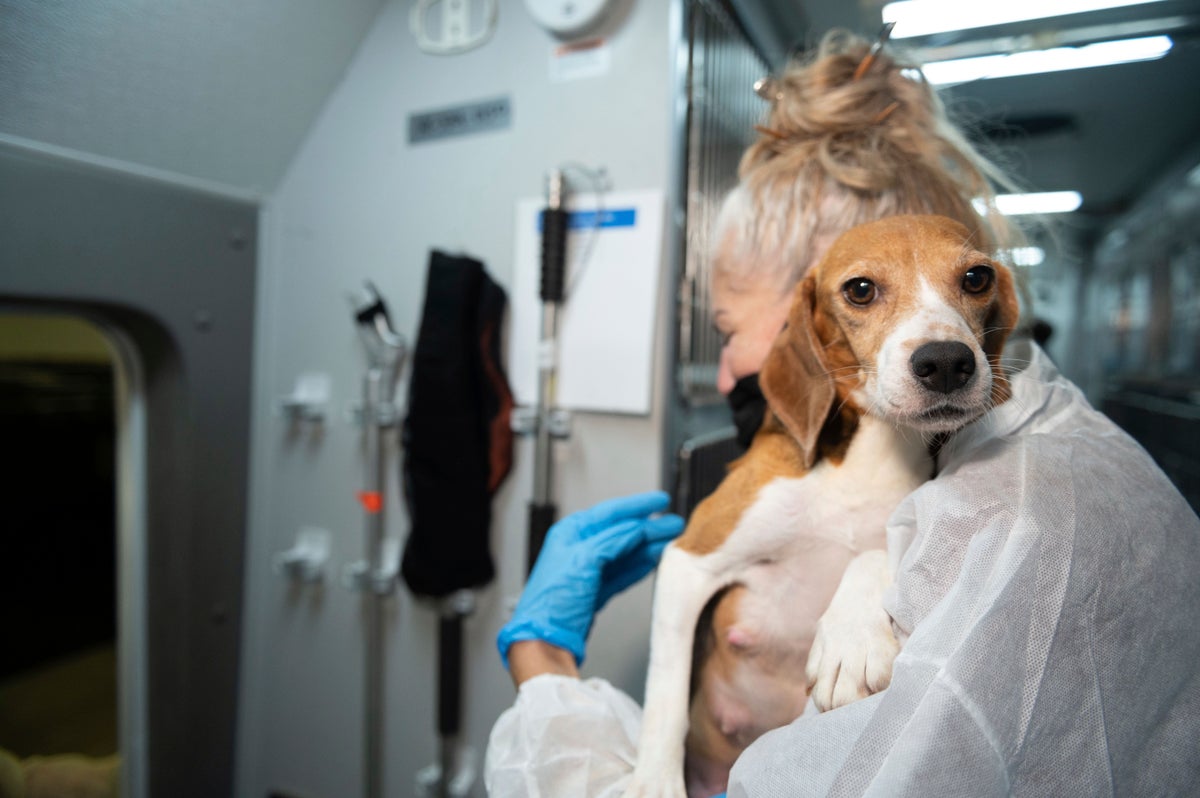
California became the first state in America to ban unnecessary harmful chemical testing on cats and dogs for consumer products.
The bill was signed into law by Governor Gavin Newsom on Monday as part of a package focused on animal welfare, Los Angeles Times reported. The new legislation prohibits manufacturers and testing facilities from using traditional animal test methods on cats and dogs when alternatives that do not use animals are available.
Animal testing for the purpose of medical research is not banned under the PET Act, which goes into effect on 1 January. Companies that violate the measure could face civil violations and be subject to monetary penalties of up to $5,000 for each day that a cat or dog is used for toxicological testing.
State Senator Scott Wiener, who authored the bill, said in a statement: “Animal testing that has no scientific value and causes terrible pain and suffering is inhumane, unnecessary, and cruel.”
“The PET Act protects cats and dogs from this type of testing, and helps these animals live long, healthy lives.”

During testing, dogs and cats are often forced-fed and injected with chemicals. Researchers then compile information about adverse reactions observed in the household pets.
The new bill, sponsored by the Humane Society of the United States, will force manufacturers to prevent the animals’ unnecessary discomfort and suffering, Mr Wiener said.
“For many families, including my own, pets are beloved companions that enrich our lives every day,” Governor Newsom said.
“I’m proud to sign this legislation to advance our state’s leadership on animal welfare by ending cruel and unnecessary testing on dogs and cats, among other measures to protect the health and safety of pets in California.”







